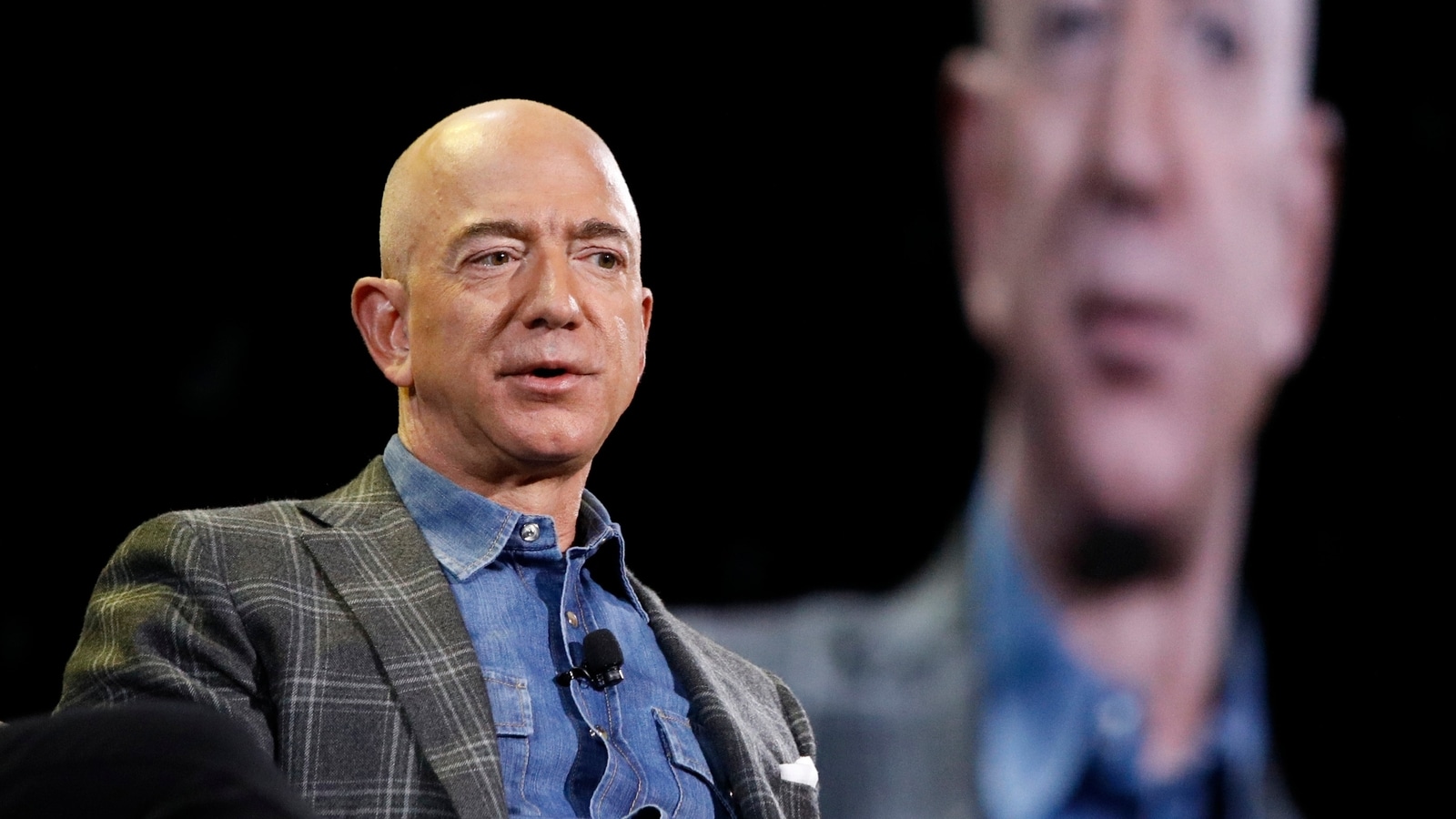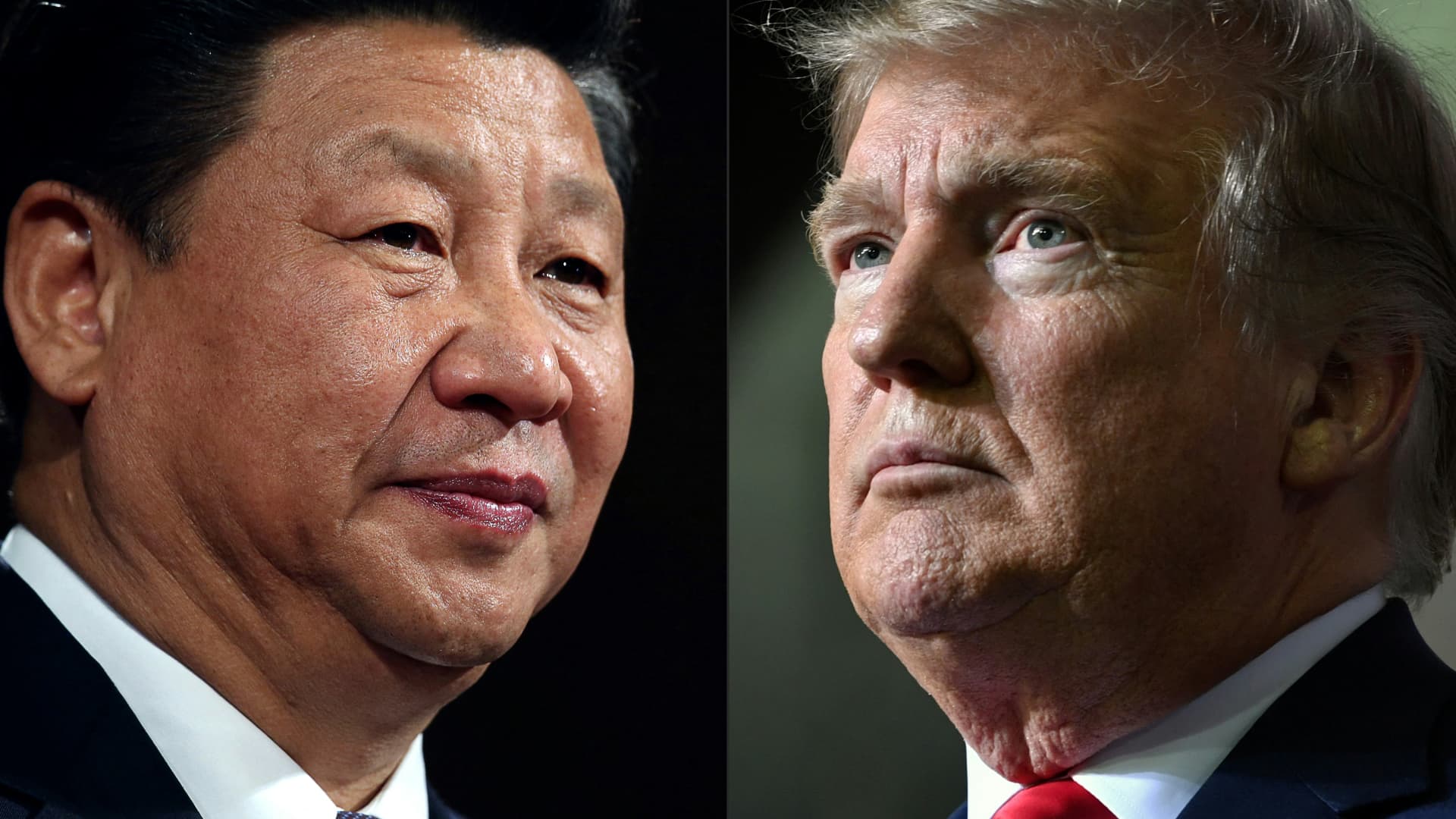Pushing a rare op-ed piece on Monday evening, Washington Post owner Jeff Bezos held up the US news publication’s decision not to endorse a presidential candidate ahead of the November 5 election.
The Amazon founder defended the move in an attempt to steer clear of creating a perception of bias through political endorsements. “Presidential endorsements do nothing to tip the scales of an election,” he argued. The billionaire exec’s October 28 Washington Post article marks the first time he has officially opened up about the “principle decision,” which he believes is the right way to go. “No undecided voters in Pennsylvania are going to say, ‘I’m going with Newspaper A’s endorsement.’ None. What presidential endorsements actually do is create a perception of bias. A perception of non-independence. Ending them is a principled decision, and it’s the right one,” he added.
“I wish we had made the change earlier than we did, in a moment further from the election and the emotions around it,” Bezos continued writing. “That was inadequate planning, and not some intentional strategy.
He further addressed former longtime Post editor-at-large Robert Kagan’s allegations that he colluded with Donald Trump to strike down a supposedly pre-planned Harris endorsement. “I would also like to be clear that no quid pro quo of any kind is at work here. Neither campaign nor candidate was consulted or informed at any level or in any way about this decision. It was made entirely internally,” he wrote.
Bezos also stressed that the American public was gradually turning its back on the press and relying more and more on “off-the-cuff podcasts, inaccurate social media posts and other unverified news sources, which can quickly spread misinformation and deepen divisions.”
According to NPR’s recently updated report on how things have been faring at the publication, over 200,000 WaPo readers called it quits with their digital subscriptions in light of the eyebrow-raising, unconventional decision. At the same time, the media outlet is also experiencing an internal upheaval, with a few opinion section staffers resigning from their posts. Bezos’ statement came hours after three editorial board members stepped down over the publication’s decision not to politically back Vice Presidential Kamala Harris’ presidential bid.
A source privy to details of a previously planned endorsement of Democratic presidential hopeful Kamala Harris told CNN on Friday that the draft had ultimately been scratched. The resulting response was indisputably uproarious. Former Post executive editor Marty Baron, who helmed the paper’s charge under Bezos-led operations during the first Trump administration denounced the move as one reflecting “cowardice.”
“To declare a moment of high principle, only 11 days before the election that is just highly suspect that is just not to be believed that this was a matter of principle at this point,” he told CNN.
Meanwhile, Post publisher Will Lewis defended the publication’s non-endorsement while simultaneously denying allegations that Bezos played a primary role in shutting down the endorsement conversation. “Reporting around the role of The Washington Post owner and the decision not to publish a presidential endorsement has been inaccurate,” he said. “He was not sent, did not read and did not opine on any draft. As Publisher, I do not believe in presidential endorsements. We are an independent newspaper and should support our readers’ ability to make up their own minds.”
While this is the first time the paper has not endorsed a candidate in 36 years, the paper’s publisher didn’t see it as an act of breaking tradition, but rather a move that upheld a years-old practice “consistent with the values the Post has always stood for.”
Some others also reportedly agreed with the decision. However, they couldn’t help but question the announcement’s timing merely weeks before the election. “Deciding that now, right before an election, puts us in a lose-lose position: cowards for caving, or whining over not endorsing Harris, which the Trump campaign is already trying to use to undermine us.”
Kagan, who resigned following the non-endorsement on Friday, told The Daily Beast that Bezos had allegedly struck a quid-pro-quo deal with former President Donald Trump to squash a planned endorsement of Harris. However, he did not have any proof to support his claims of Bezos and Trump’s collusion that had seemingly “been in the works for some time.” He further voiced his fears of “a lot of censorship” slapping down the media with this purported alliance.
Kagan’s allegations align with Baron’s speculations. “Bezos has other commercial interests, a big stake in Amazon, he has a space company called Blue Origin,” the former WaPo t executive editor said. “Trump rewards his friends and he punishes his perceived political enemies and I think there’s no other explanation for what’s happening right now.”
The claims were backed by the questionable vision of a meeting between Bezos’s space company Blue Origin and the GOP nominee happening on the same day as the publication’s non-endorsement announcement. Nevertheless, the billionaire Big Tech player said that he had no idea about the reported meeting. “I knew it would provide ammunition to those who would like to frame this as anything other than a principled decision.”
This is a developing post.











